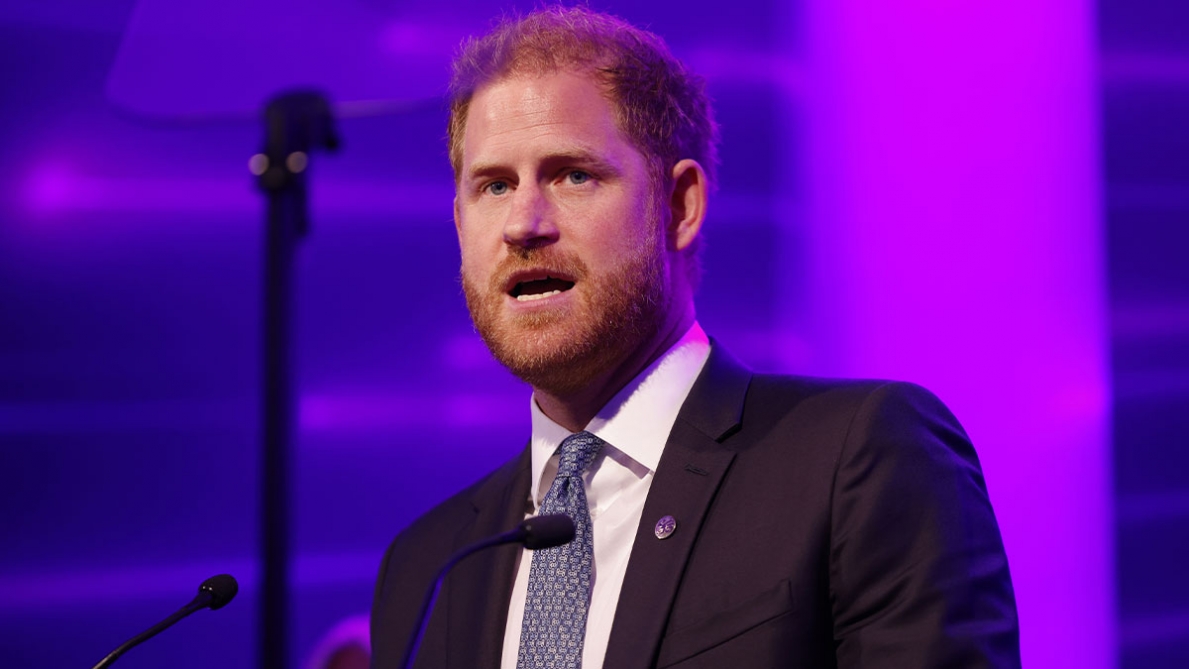Quebec, Lévis and other CMQ municipalities are seriously considering emulating Montreal and imposing a new tax, starting in 2024, on vehicle registration to fund active, public transit. Newspaper.
• Also read: The Laurentian and Capital highways are busier than they were before the pandemic
In search of new sources of revenue, the mayor of Quebec, Bruno Marchand, raised the idea of a local registration tax, among other things, in June 2022.
In an interview, the vice-president of the Executive Committee of Quebec City, Pierre-Luc Lachance, confirmed that the project is already “under consideration” and that the opening is “very present” at the Société de l auto insurance of Quebec. The law already allows this type of collection at the request of the municipalities.
The elected official states that this tax can be implemented “before 2025”. It will be collected throughout the territory of the Communauté métropolitaine de Québec (which includes Quebec, Lévis, Saint-Augustin-de-Desmorais, Lancin-Lorette, and the RCMs of Ile d’Orléans, Côte de Beaupre and Jacques-Cartier).
Mr. Lachance is also the CMQ’s elected “responder” for the “Metropolitan Vision for Sustainable Mobility by 2041,” which was unveiled on Friday.
Not paying for the tram
“I want to be very clear: This is not a tax associated with structuring transportation,” he insists, while we are still waiting for an update on the costs of the tram project, currently estimated at $4 billion. New walking and cycling facilities, everywhere on CMQ grounds, can also be funded thanks to the amounts collected.
“For 70 years we have developed around the car. We want to break this paradigm and believe it takes courageous initiatives to get there. Other Cities [derrière] we. We can no longer develop cities like in the sixties, seventies or eighties,” explains Mr Lachance.
In most major metropolitan areas, including Quebec City, the SAAQ already mandates a contribution of $30 annually to fund public transportation. But in Montreal, owners of island-registered vehicles pay an additional $45 tax for a total of $75. This tax will be extended to suburban cities in 2024.
No amount specified
Quebec’s elected officials say they want to “take inspiration” from Montreal’s metropolitan community, but have yet to say how much the future local tax will be at this point. Over 400,000 passenger cars are registered in the Capitale-Nationale region, not counting Lévis, indicating potential revenues of over $20 million annually.
“We are very concerned not to tire people out. We do not view the citizen as a cash cow. We are looking for the best way to achieve the goals we have set and ensure the development of sustainable mobility in Quebec,” assures Mr. Lachance.
And local elected officials want at all costs to avoid outages and incapacity for their carriers, as happened in Montreal this year.
Income sources at RTC
- In 2023, RTC’s balanced budget projects total revenue $256.2 million.
Where does the money come from?
- 55.5%: The three cities in the agglomeration of Quebec
- 29%: Revenue from own sources (users and others)
- 10.6%: Quebec government
- 4.9%: Emergency aid from the Quebec government for the pandemic
Excerpts from the budget
“[L’année] The year 2023 marks the end of the emergency aid programme. The projected financial situation in the short term is unsustainable in the long term and will force RTC to make choices if it does not receive additional funding.”
Gas tax is no longer the solution
Elected representatives of the CMQ will consider several other options, in the long term, for financing sustainable mobility, including a kilometer tax, but immediately reject any new tax on petrol.
“Everything is on the table… except for the fuel tax,” he confirms in an interview with the elected official of Quebec City, Pierre-Luc Lachance, who also sits on the Metropolitan Community of Quebec. No doubt, this time, in tradition of Montreal, which charges a surcharge of 3 cents per liter at the pump.
“We want to explore all the financial levers that would make it possible to improve sustainable mobility in the region, with the exception of the gas tax which is doomed to a rapid decline from 2035 when new petrol cars will no longer be allowed to be sold.” , he explains, trying to nip the rumors in the bud.
Like his predecessor, Regis Labaume, the mayor of Quebec, Bruno Marchand, never had the desire to introduce a tax on gas. And he did it again last week.
mileage rate
On the other hand, the idea of mileage pricing (charging motorists for kilometers traveled) is starting to catch on.
Pierre Luc Lachance does not hide it. He intends to draw inspiration from the feasibility study underway in Montreal which should be completed in August 2023.
Various technologies, such as transceivers or a network of cameras, can measure miles. The municipal councilor also mentions applications on a mobile phone or even a “self-declaration”.
“We look outside at what is being done to see how we can implement it.”
Surface parking
Among other avenues explored, he put forward many ideas, without ever committing himself. But he repeats that nothing is excluded. He mentions, for example, a tax increase for surface parking lots or even gas stations.
“We want to give ourselves time to think and work with the Quebec government to be able to ensure better financing sustainability, especially for public transportation.”

“Music guru. Incurable web practitioner. Thinker. Lifelong zombie junkie. Tv buff. Typical organizer. Evil beer scholar.”








More Stories
Bombardier records a decline in profits and revenues
Business jet manufacturer Bombardier wants to “refresh” its brand
Vieira loses an early contributor with Desjardins' exit